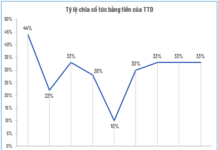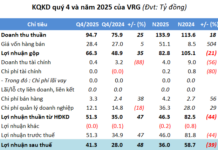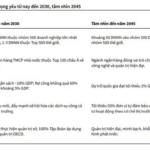Services
 |
As deposit mobilization slows down due to less attractive interest rates compared to other investment channels, safe and stable profit-generating investment channels such as bank bonds are becoming more appealing to investors. According to forecasts, the bond issuance market will become more vibrant in Q4, as businesses recover and their expansion plans gain traction with the economy’s rebound.
According to the Ministry of Finance, in the first seven months of 2024, there were 183 private placements of corporate bonds, raising up to VND 174,000 billion, an increase of 2.78 times compared to the same period last year. Notably, banks had the highest issuance value, accounting for approximately VND 136,500 billion, or 68.2% of the total market issuance value.
Forecasts also indicate that banks will continue to increase bond issuance in the remaining months of the year to secure additional capital as credit growth picks up. Indeed, many banks, including state-owned banks, plan to raise equity or debt capital, including bonds.
With their low-risk nature, transparent issuance process, strict regulatory compliance, and supervision by government agencies, bank bonds serve as a strategic funding channel. Banks view this as a supplementary means to ensure compliance with capital structure regulations, enabling better cash flow management and interest rate risk control.
In recent times, most bond issuances by banks have attracted a large number of investors. For instance, several banks have registered or planned bond issuances from now until the end of the year, including Agribank, VietinBank, LPBank, ACB, and SHB. According to disclosed information, KienlongBank also plans to issue a public offering of bonds to serve customer lending needs from 2024 to 2025 in three key sectors: production and business, agriculture and rural areas, and consumption and trade.
According to new regulations, to ensure transparency and rebuild market confidence, bonds must be registered and centrally deposited with the Vietnam Securities Depository. Simultaneously, issuers are required to register the traded bonds on the bond trading system as per the regulations.
By leveraging diverse funding channels, banks can better manage their cash flow and prepare for the final stretch of the year, thereby contributing to the overall economic growth. Not only do they provide a solution to a challenging situation, but bonds have also helped enhance the position of banks in the current context of increasing credit demand.
Enterprise Private Bonds: Numerous Proposals to Remove Obstacles and Unblock the Impasse
As new regulations are introduced for privately placed corporate bond transactions, a myriad of solutions has been proposed to ease the process and foster market development.


















